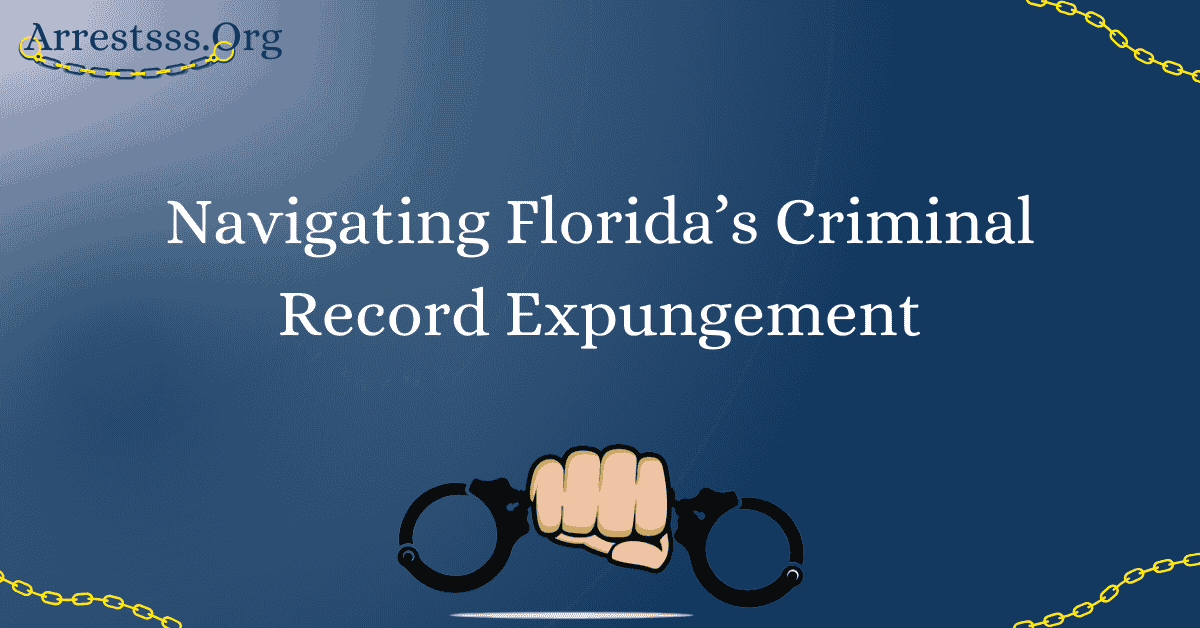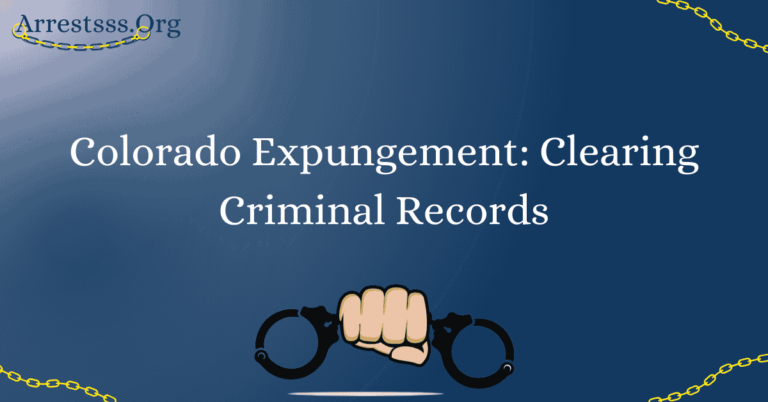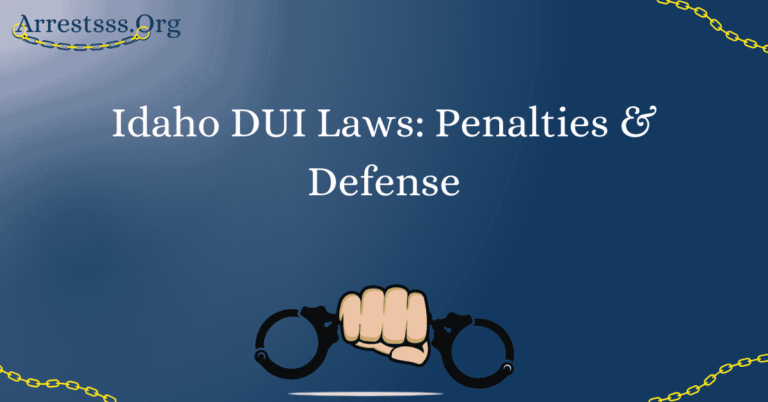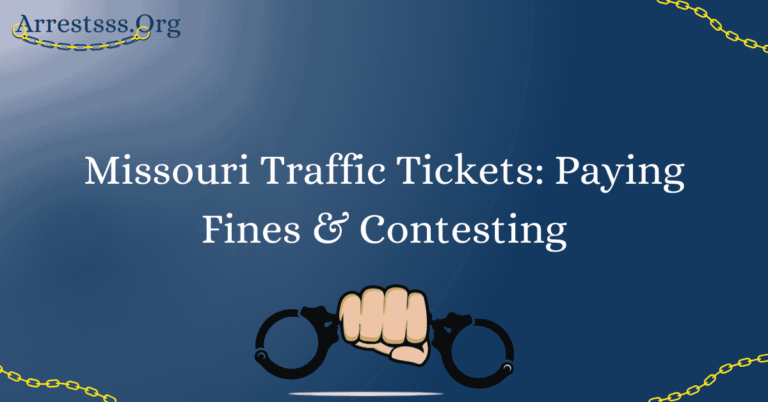Navigating Florida’s Criminal Record Expungement

The process of expunging a criminal record in Florida is a critical legal avenue for individuals seeking a fresh start. It provides a means to erase or seal certain past convictions, enabling a renewed outlook on life. Understanding this process is pivotal for those aiming to overcome the barriers posed by a criminal record.
Navigating the Florida Criminal Record Expungement process necessitates a grasp of the legal intricacies involved. From eligibility criteria to the actual steps, this article aims to elucidate the pathway for individuals striving to rehabilitate their lives and reintegrate into society.
Understanding Expungement Eligibility in Florida
Expunging a criminal record is not an option for everyone in Florida. Eligibility is determined by several factors, including the nature of the offense, the disposition of the case, and your overall criminal history.
Nature of the Offense: In Florida, certain offenses are not eligible for expungement. These typically include violent crimes, sexual offenses, and serious drug offenses.
Case Disposition: The outcome of your case plays a significant role in your eligibility. Generally, only cases that were dismissed, resulted in a not guilty verdict, or where the charges were dropped before trial can be considered for expungement.
Waiting Period: Even if your case meets the above criteria, you may need to wait for a specific period before applying for expungement. The waiting period can vary based on the type of offense and whether you completed probation or other sentencing requirements.
Expungement Process in Florida
Once you’ve determined your eligibility, it’s time to understand the Florida Criminal Record Expungement Process. This process involves several crucial steps, and it’s essential to follow them carefully to increase your chances of a successful expungement.
Obtain Your Criminal Record
Start by obtaining a copy of your criminal record. You can do this by contacting the Florida Department of Law Enforcement (FDLE) and requesting your record. Review it carefully to ensure accuracy and to know exactly what needs to be expunged.
Consult with an Attorney
Given the complexity of the process and the legal requirements, it’s highly advisable to consult with an experienced attorney who specializes in expungement cases. They can provide valuable guidance and ensure you meet all the necessary criteria.
Prepare the Application
Your attorney will assist you in preparing the expungement application. This includes gathering all relevant documents, such as court records, case numbers, and affidavits.
File the Petition
The expungement process officially begins by filing a petition with the court. This petition should include all required documents and information. The court will review your case and determine whether you meet the eligibility criteria.
Attend a Hearing
In some cases, a hearing may be required to further assess your eligibility. If necessary, your attorney will represent you during the hearing and advocate for your expungement.
Await the Court’s Decision
After your petition and any required hearings, you must await the court’s decision. If your expungement is granted, your criminal record will be sealed or destroyed, providing you with a fresh start.
FAQ’s
What is expungement in Florida, and who is eligible for it?
Expungement in Florida is a legal process that allows individuals to have their criminal records sealed or erased, making them inaccessible to the public. To be eligible for expungement in Florida, you must meet certain criteria. Generally, you must not have been convicted of the offense you want to expunge, and you must not have a prior expungement or sealing of a criminal record.
Can I expunge any type of criminal record in Florida?
No, not all criminal records can be expunged in Florida. Typically, only certain non-violent, minor offenses can be considered for expungement. Serious offenses, such as sexual offenses, violent crimes, and certain drug offenses, are generally not eligible for expungement. It’s essential to consult with an attorney to determine whether your specific case qualifies for expungement.
How long does the expungement process take in Florida, and what are the steps involved?
The timeline for the expungement process in Florida can vary depending on the complexity of your case and local factors. On average, it may take several months to over a year to complete the process. The steps typically include filing a petition, obtaining a Certificate of Eligibility from the Florida Department of Law Enforcement, and attending a court hearing. The process may also involve paying various fees and complying with specific legal requirements. Consulting with an attorney experienced in Florida expungement cases can help you navigate the process efficiently.






